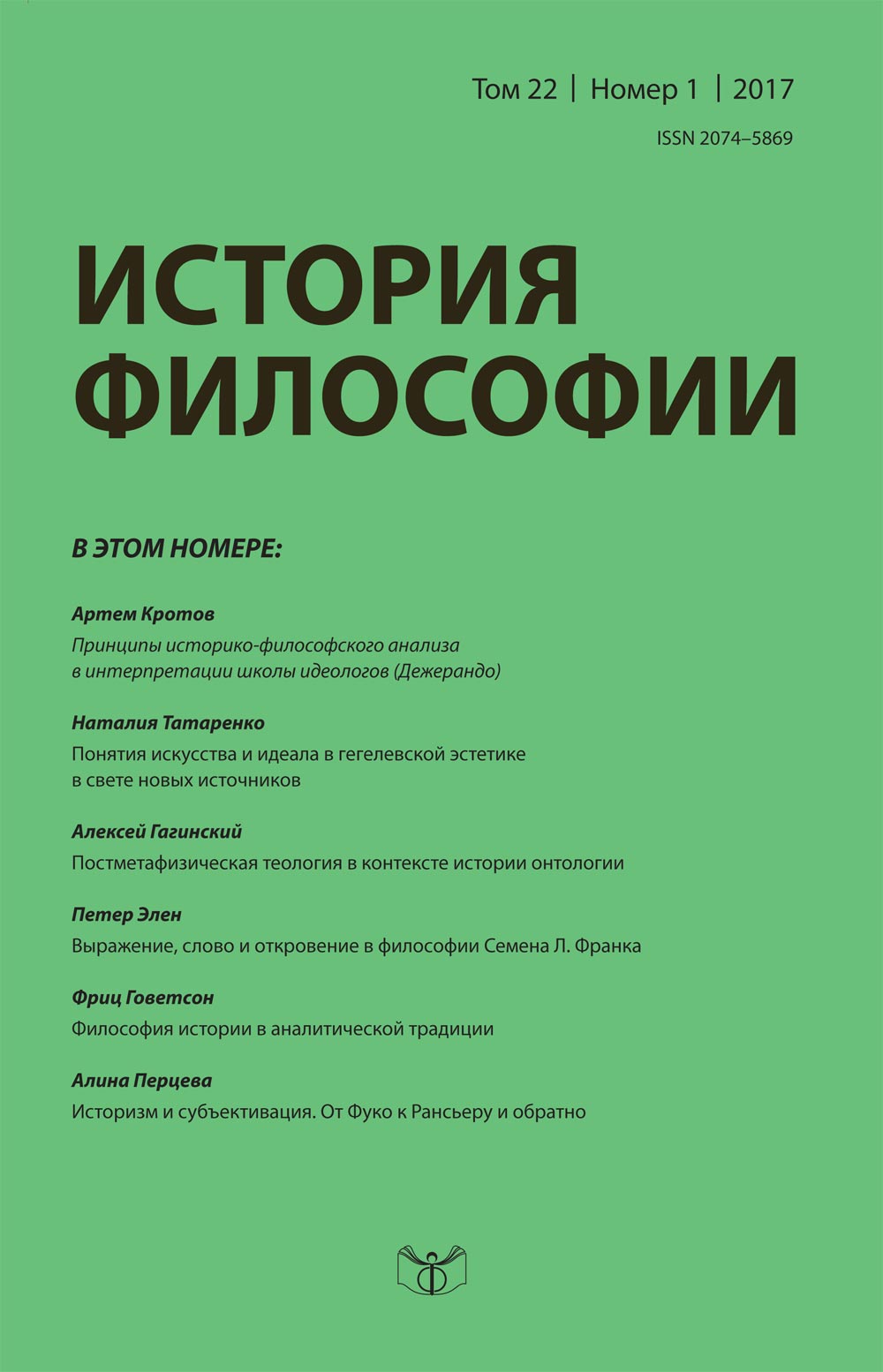The Gospel of Truth and the Birth of the Christian Philosophy
Keywords:
early Christianity, pantheism, Gnosticism, Gospel of John, non-existent GodAbstract
The article analyzes the features of the metaphysical system described in the Gospel of Truth. This
text of Gnostic Christianity is regarded as the original source of the philosophical tradition passing
through the whole history of European Christian philosophy. The Gospel’s key features are the
pantheistic model of God-world relations; the idea of God, who has no existence, who is Divine
Nothing; the idea of “spontaneous” appearance of the existing world from the non-existent God;
the idea of certain “depth” in God, which is the source of evil and imperfection in the world; the
understanding of space and time as forms of the presence of God’s will in the world; and the idea
of super-rational connection of a human person to the non-existent God. The author explicates the
original Christology of the Gospel of Truth, according to which Christ bears the super-rational
knowledge of God, but does not function as the redeemer of sins as in Orthodox Christianity. The
Gospel of Truth has an affinity with the Gospel of John such that these two texts together can be
understood as the main source of metaphysics and ethics of Gnostic Christianity.

